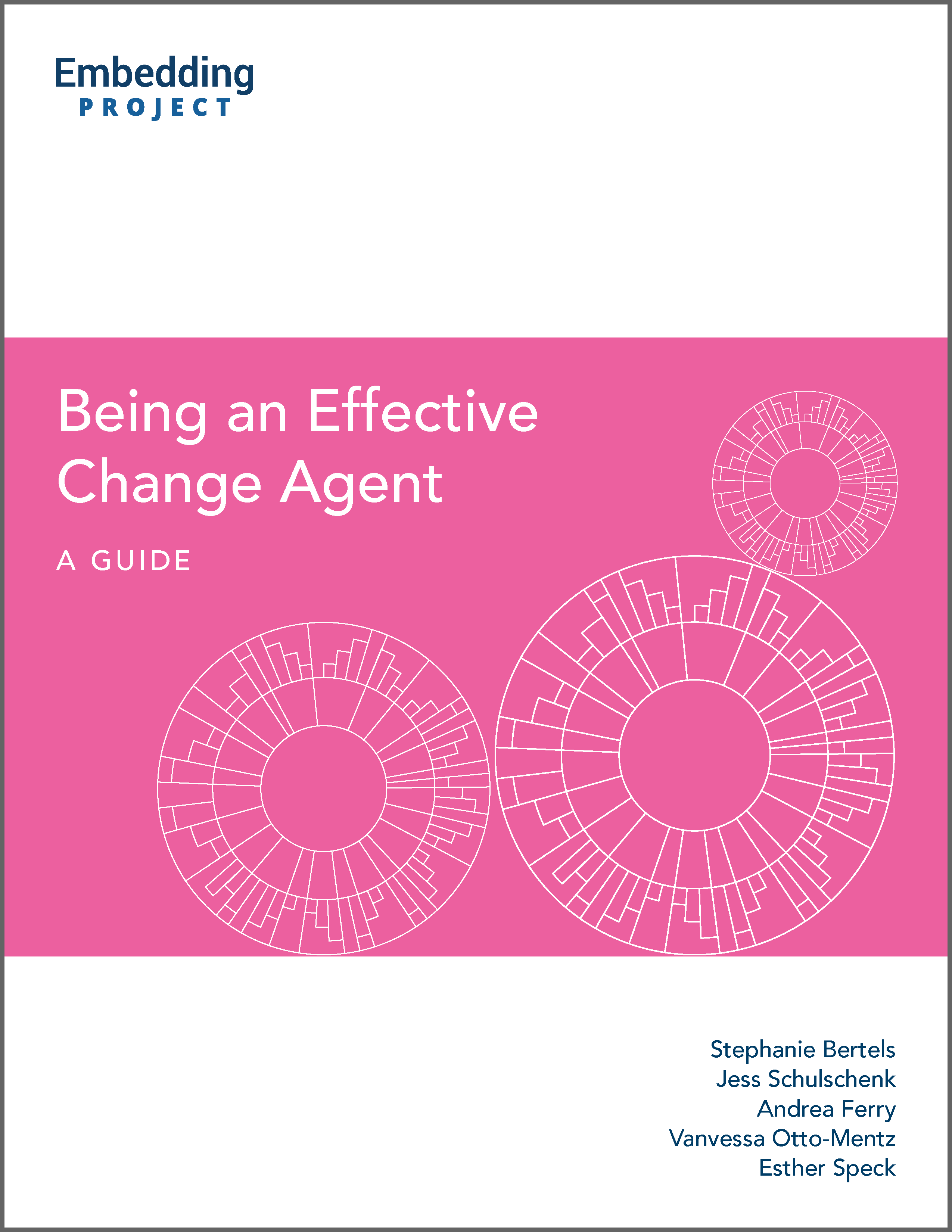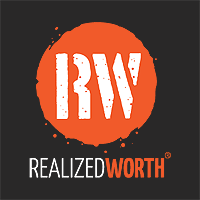Education, Knowledge, and Skills
Description
Includes broad access to education; training, skills development, and capacity building; and local, traditional, or Indigenous knowledge(s).
Share this Subissue on:LinkedIn
Resources
Being an Effective Change Agent
How can you prepare yourself to be a more effective sustainability change agent? This guide was designed to share insights on how change agents can support their CEO and influence thinking on sustainability. It is based on a review of prior academic research on CEO decision-making and combined with the practical experiences and insights gleaned from interviews with over 200 CEOs, board members, and sustainability executives. It explores a broad range of global companies and industries including finance and insurance, material extraction, retail, manufacturing, transportation, logistics, utilities, and agribusiness, as well as a diverse array of ownership structures, including public corporations, privately owned businesses, and co-operatives.
To further support you in bolstering your own effectiveness, we have also developed the Being an Effective Change Agent: Personal Inventory. We encourage you to use this as a tool for reflection, and to help you plan your future personal development.
The Role of Human Resource Management in Corporate Social Responsibility
This is a useful resource if you are looking to partner with HR in your company. This guide provides helpful background research on the connection between sustainability and a variety of HR functions, including recruitment, onboarding, and employee development. It also lays out ten steps that HR managers can take to support embedding sustainability within their organisation, along with examples from leading companies.
Employee Engagement and Going Green
Designed for HR managers, trainers, and employees responsible for health, safety, and the environment, this 5-page guide by the Network for Business Sustainability provides ten ways to engage employees in your company’s environmental and social goals. The methods are based on 30 years of academic and industry research by the NBS team and Dr. Stephanie Bertels. In addition to helping readers understand how to educate their workforce on the importance of good business ethics and corporate responsibility, the report draws on case examples from the retail, services, and manufacturing industries.
The Impact of Climate Change on Education
Climate change-fuelled extreme weather events are disrupting education through school closures, heat stress, and other indirect factors such as migration - trends that will continue even under optimistic climate scenarios. Yet, the cumulative long-term consequences of such disruptions are being overlooked. The first half of this paper details how climate change impacts education systems, and the second half lays out four urgent mitigation strategies. These strategies include 1) education management for resilience; 2) school infrastructure for resilience; 3) ensuring learning continuity in the face of climate shocks; and 4) leveraging students and teachers as change agents. For each mitigation strategy, the paper offers an actionable agenda along with examples. While this resource was created for policymakers in government, it is also relevant to businesses seeking to ensure the resilience of the communities where they operate. In particular, sustainability, community relations, and risk teams.
Unlocking Potential and Performance: Recognizing Education’s Position at the Core of ESG
This report from the Global Business Coalition for Education can help you to better understand the link between education and ESG. It explains the materiality of education, highlighting the most common material issues across selected industries and the material impact that education can have on each of these issues from a risk reduction and opportunity perspective. It also provides a four-step blueprint for addressing corporate sustainability and risk mitigation goals while driving meaningful change by putting the advancement of education at the core of sustainability strategy.
Your Journey to Impact Guides
This series of guides from the Global Business Coalition for Education (GBC-Education) are aimed at meaningfully addressing the global education crises, and they can help your business make strategic decisions about how, when, and where to support education. The first guide, Choose Your Path To Help End the Global Education Crisis, explains how supporting education can positively impact your sustainability strategy and how you can decide where to focus your efforts. The second guide, Design Your Framework for Action, shares ways to create an investment strategy that advances education. The third guide, Implement Your Action Plan with Tools for Success, covers how to design and roll out an effective education investment strategy. These resources will be useful to sustainability practitioners, especially those leading corporate giving or corporate foundations.
What is Skills-Based Volunteering?
This quick primer on skills-based volunteering from Realized Worth will help your organization take a more impact-oriented approach to volunteering. It offers insight into misconceptions about skills-based volunteering, as well as who it's right for and what it looks like in practice.
The Business Case for Investment in the Early Years
This guide from the Global Business Coalition for Education (GBC-Education) can help you understand how business can support early childhood development. It covers four topics (people, planet, prosperity, and governance) and how they are linked to childhood development. These topics are clearly summarised on page 18 with a list of actions that businesses can take to address each one. This is followed by a series of case studies demonstrating how companies such as Lego, Patagonia, and others have put these actions into practice. This resource will be most useful to sustainability and HR professionals.
Investing in Inclusion: A handbook for businesses on disability-inclusive education, training, and employment
This handbook from Global Business Coalition for Education (GBC-Education) will help you understand how your organisation can improve education, training, and employment for young people with disabilities. It begins with an overview of disability inclusion. Then it lays out the multiple overlapping ways businesses interact with persons with disabilities and the actions they can take to support inclusion. Next, it shows how to foster an inclusive workplace and provide disability-inclusive education and training. Lastly, it highlights the opportunity for business to serve unmet needs of the large consumer base that is made up of persons with disabilities. This resource will be most useful to HR professionals and anyone seeking to advance disability inclusion.






